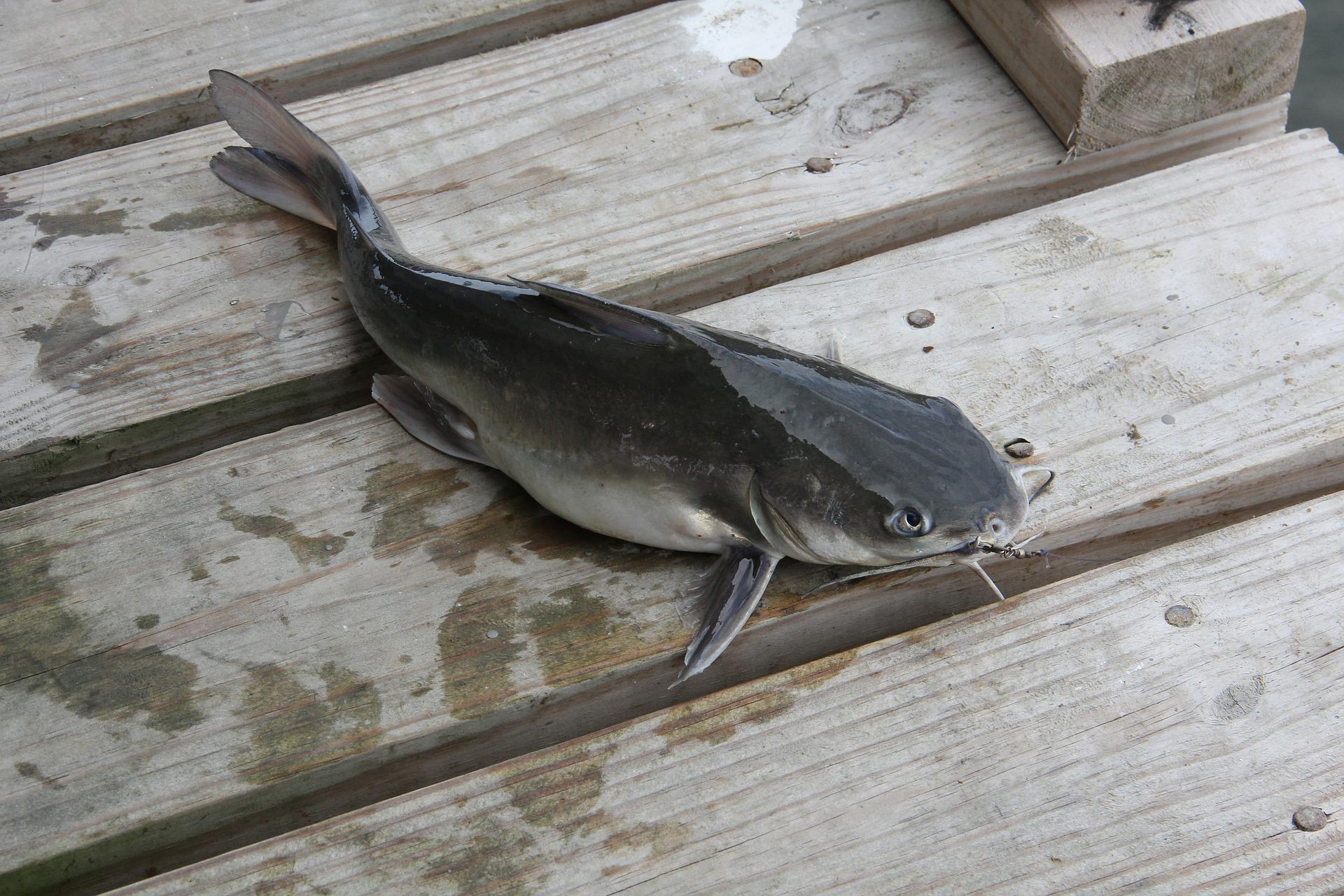Tactics
Plan Your Dove Fields Now for Hunting Season Success
July 2, 2025 •John N. Felsher
A catfish’s sense of smell (and taste) is so great they are likely capable of perceiving their entire universe with their sniffers. Much the same way we observe four separate pine trees on a hill, catfish can likely smell four different carp swimming alongside a distant brushpile. I say “likely” because in truth, no one knows for sure exactly what catfish and other species are capable of relative to the detection of scents and odors.

We do know catfish are gifted with an abundance of olfactory folds – a type of ultra-sensitive tissue used for scent detection that lines each of their two olfactory pits. That’s a lot. A 2 ½ pound channel catfish may have up to 140 such olfactory folds, a 7-pound largemouth bass has just 13.
Moreover, both rainbow trout and Pacific salmon – each known for its remarkable ability to detect scent in water and even navigate hundreds of miles by it – possess just 18 olfactory folds at full maturity.
Either catfish in their often-dark river realms are enormously gifted sniffers, or there’s a ton not understood about this remarkable sense. What we know for now is that olfaction is the primary sense used for a multitude of critical tasks: recognizing predators and mates, identifying specific underwater areas from a distance and for detecting potential food.
So what exactly is the right scent for catfish? Evidence suggests that the catfish’s olfactory system is highly tuned to sensing amino acids – specifically the amino acids found in the blood and tissues of familiar baitfish.
Oppositely, amino acids such as serine, which is contained in human skin, has been shown to be highly offensive to many fish species. The amount of serine in human skin apparently depends upon the gender, age and even race of the individual.
Studies of migrating salmon have demonstrated that the introduction of serine into rivers can be so offensive that just one part of human skin dissolved in 80 billion parts of water is enough to stop migrating salmon for up to an hour.
While little to no research of this type has been conducted with catfish, most veteran anglers acknowledge the ill effects of certain odors, particularly when cats come in contact with their baits.
Tournament angler John Jamison has spent appreciable time experimenting with both scent additives and odor elimination products. He’s convinced that certain seemingly “unlucky” anglers may merely be the ones who contain the highest levels of serine in their skin.
“I started comparing catfishing to deer hunting,” Jamison said. “We go to great lengths to stay hidden from the scenting ability of big bucks. We wash our clothes, hands and hair with special soaps, and wear scent-neutral attire in the treestand, and even chew special gum that blocks human breath.”
“It occurred to me that if we’re overestimating the role of scent in deer hunting, we’re completely underestimating its importance in catfishing. Given that catfish can smell so incredibly well, I no longer start fishing until I’ve removed all offensive scents from the equation.”
Jamison and his tournament partners now frequently wash their hands with scent elimination solutions made specifically for anglers. Their preference is No Trace, an all-natural anti-odor product that can be sprayed onto hands, and even clothing.
Its benign, water-like appearance and texture, Jamison says, knocks out noticeable odors such as gasoline, insect sprays, and tobacco, as well as neutralizing serine secretions in skin. According the developers at Rippin Lips, No Trace is formulated with special odor eliminating enzymes.
In Jamison’s boat, applying No Trace prior to handling any bait or equipment has become standard operating procedure. Throughout the day—after eating lunch, applying insect spray, handling gas or oil, etc.—he’ll apply No Trace several more times; certainly prior to cutting fresh bait, sharpening hooks or handling line.
Whether you use No Trace, Ivory Soap (a pretty good catfish bait) or just rinse your hands frequently to keep them clean, catfish anglers should consider clean hands as important as good knots and sharp hooks.